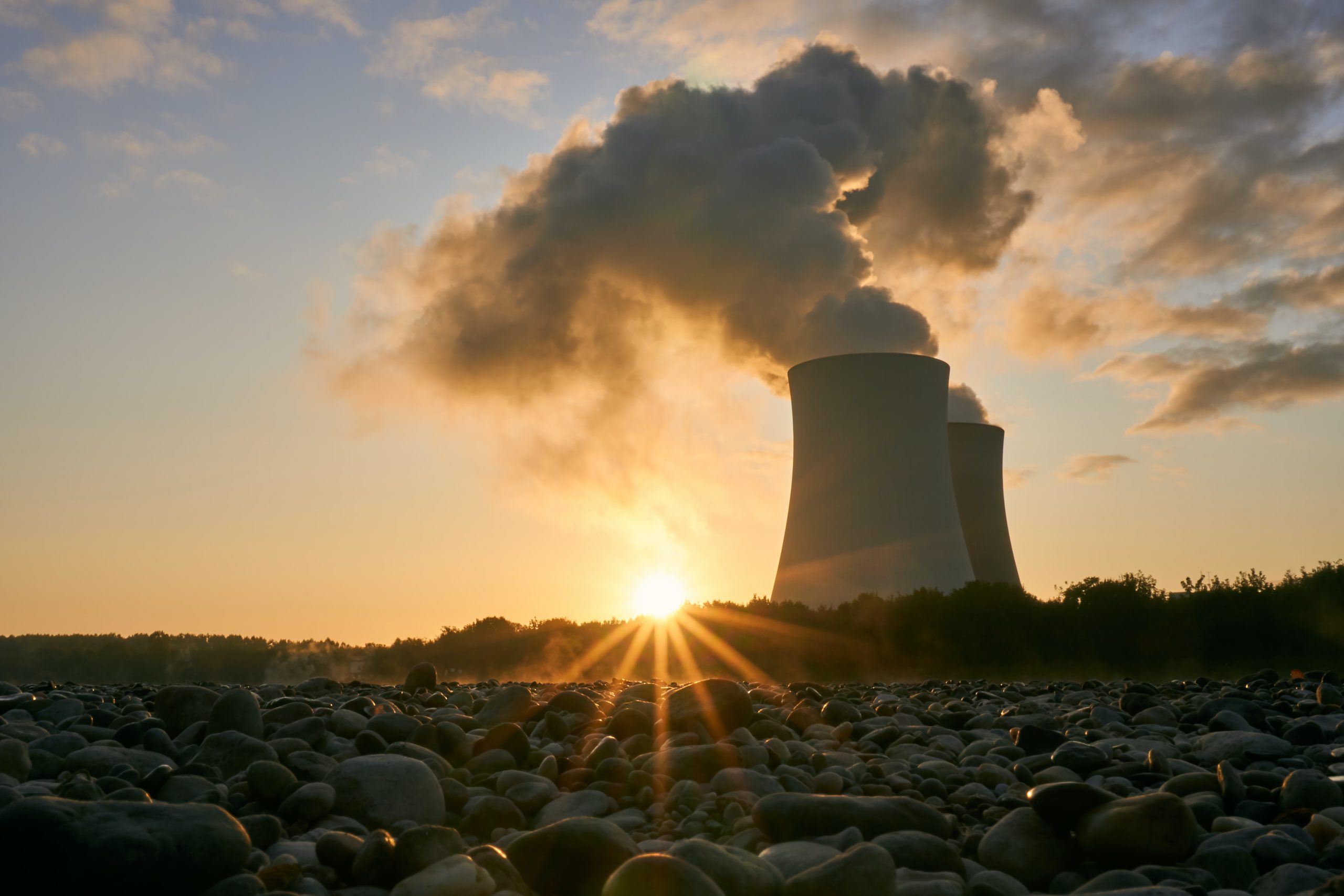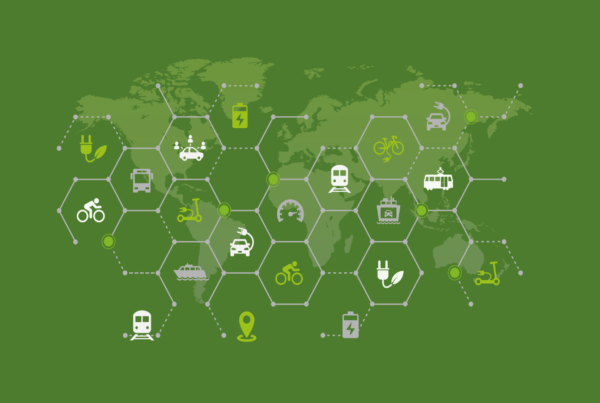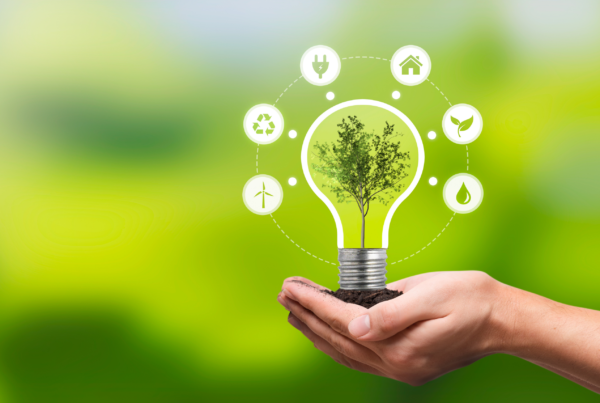“No one can change the past but everyone has the power to change the future”
The consequences of Covid-19 inevitably also affected the environment, leading the governors to take restrictive measures.
As many factories closed and people hunkered down at home, causing a significant decrease in traffic on the roads and the skies, the concentration of air pollutant substances (fine particles PM2.5, PM10 and NO2) significantly declined.
According to data recorded by European Environment Agency, the average concertation of NO2 (a pollutant mainly emitted by road transport) in the major Italian cities halved from the beginning of March –when the national quarantine has been imposed – until the 4th of May, day of the first slack of the restrictive measures. In addition to these encouraging data, it may be expected a reduction of the concentration of fine particles even if it cannot yet be seen.
But will the restrictions imposed to oppose Covid-19 and their consequences on the air quality have a real positive impact on the environment?
Undoubtedly, the improvements seen during the last months had a favourable effect as the drop of pollution, the clean and clear water of Po and the return of dolphins in our seas demonstrate.
But not all that glitters is gold and it must be considered the long-term vision before exult.
The reduction of pollutant gas due to the emergency-related restrictions is closely linked with an economic crisis already underway and which future perspectives are worrying.
Following compulsory quarantine, the recovery will lead to an unbelievably faster increase of the gas emissions aimed to halt the economic downturn. It already happened in many occasions such as after the oil shock in 1973, the dissolution of the Soviet Union and the financial crisis in 2008.
History teaches and we have to learn from it, or the focus on the restart of the economy could reverse the beneficial impacts.
The pandemic has profound and lasting economic and social consequences. Among other the slowdown of battery production together with the drop of oil price will harm electric vehicle sales, the crisis of globally integrated supply chain could bring to the return to regionally-based ones and ultimately to a renewed political consensus for nationalist politicians (for which, notoriously, climate change and environment are not a priority), unemployment reached record highs and poor people with fewer resources to restore are the worst damaged by the current plight.
No one should consider the current catastrophe as a reasonable way for the lowering of carbon footprint: facing long-term air quality issues requires ambitious policies and forward-looking investments.
It must be the opportunity for a transition towards a green and sustainable society and economy which works both for people and for the planet.
As the Minister of the Environment Sergio Costa claimed, it is the chance to rethink our approach on the world to ultimately adopt an alternative development model and an eco-friendly mindfulness, emphasizing the necessity to act on local, European and global level.
We have to do it now and together; this is the only affordable way to face the environmental challenge.
In Overace we do it, join us!









